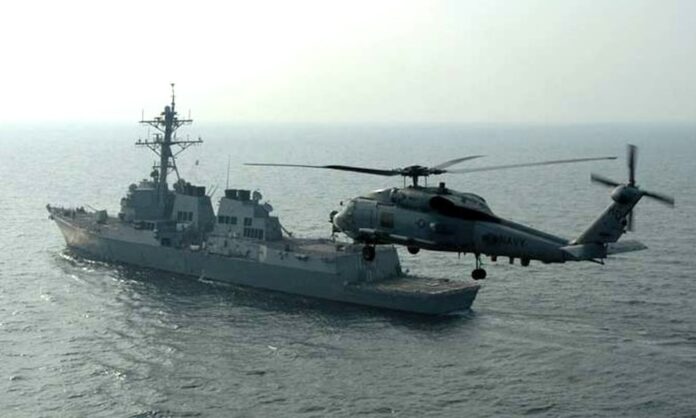This week in shipping news brought a mix of highs and lows, from geopolitical conflicts impacting tanker rates to global legislation affecting ship recycling and environmental regulations. Food and beverage professionals need to stay informed about these developments, as they can have a significant impact on supply chains, sustainability efforts, and strategic planning within the industry.
Geopolitical Impacts on Tanker Rates
- Conflict with Iran led to extreme GPS spoofing in the Gulf, causing rates for tankers and gas carriers to soar.
- The US brokered a peace deal between Israel and Iran, resulting in a subsequent plummet in tanker fortunes.
Casualties at Sea
- The sinking of the car carrier Morning Midas in the North Pacific, following a fire onboard, highlighted the dangers of maritime operations.
- Safety and emergency response measures need to be constantly reviewed and updated to prevent such incidents in the future.
Campaign against Harassment in the Maritime Industry
- The International Day of the Seafarer focused on eliminating bullying and harassment in the maritime industry.
- The International Maritime Organization launched an interactive world map to highlight reporting channels and support systems for seafarers.
Global Legislation Impacting Ship Recycling
- The Hong Kong International Convention for the Safe and Environmentally Sound Recycling of Ships came into force, addressing environmental and safety risks.
- Demo yards in Bangladesh and Pakistan are still not compliant with the international regulation, posing challenges for the industry.
Environmental Regulations on Scrubber Discharges
- European countries agreed to enforce a ban on discharges from open-loop scrubbers in internal waters and port areas throughout the northeast Atlantic by July 2027.
- A closed-loop discharge ban is scheduled for no later than January 2029, signaling a shift towards more sustainable shipping practices.
Industry Consolidation in Shipbuilding
- Imabari, Japan’s largest shipyard, took over its nearest local rival, Japan Marine United, highlighting industry consolidation trends in East Asia.
- Japan aims to double its shipbuilding capacity by 2030, indicating a strategic move to strengthen its position in the global shipbuilding market.
Industry Analysis
These developments in the shipping industry have significant implications for the food and beverage sector, particularly in terms of trade, supply chains, sustainability, and strategic outlook. Food and beverage professionals need to consider the following implications: - Global Pricing: Fluctuations in tanker rates and environmental regulations can impact shipping costs, which in turn affect the pricing of imported and exported food and beverage products.
- Logistics: Changes in ship recycling regulations and industry consolidation may disrupt existing supply chains, leading to delays and challenges in logistics planning.
- F&B Planning: Food and beverage companies must adapt to evolving environmental regulations and industry trends to ensure sustainable practices and compliance with international standards.
In conclusion, staying informed about the latest developments in the shipping industry is crucial for food and beverage professionals to navigate the complex landscape of global trade, supply chains, and sustainability. By monitoring geopolitical conflicts, global legislation, environmental regulations, and industry trends, F&B professionals can proactively adjust their strategies and operations to mitigate risks and capitalize on emerging opportunities in the market.



